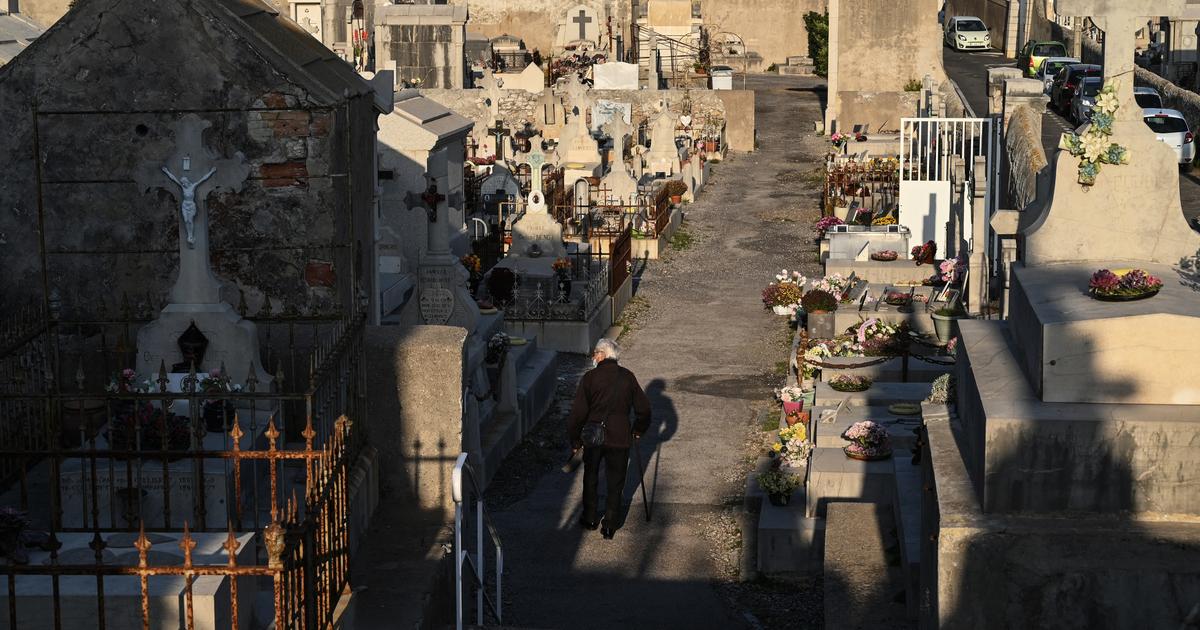The century that modern Venezuelan historiography calls “oil tanker” did not begin for my mother in 1922, with the legendary burst of the Barroso # 2 well, but rather the night at the end of November 1939 when, a 17-year-old normal teacher, she arrived at the Eastern shore of Lake Maracaibo hunting down the man who had impregnated her in Los Teques, 700 kilometers from there.
He did so just in time to witness the terrible fire in Lagunillas de Agua, a stilt-house town flooded with oil that burned completely when a prostitute, caught up in a tavern brawl, accidentally dropped a lit kerosene lamp between the planks of the wooden floor. from the
Bar Caracas.
The lamp ignited the blanket of crude oil that had been escaping for three days through a fissure in the Venezuelan Oil Concessions sublacustrine pipeline on which the camp hung.
Still in her old age, my mother shuddered and fell silent when she remembered how more than six thousand people were trapped in the fire when the 70-meter walkway that connected the town with the mainland collapsed in flames under the weight of a crowd that Desperate, she sought to escape the conflagration.
More than 700 deaths were counted.
This was just two years after the great oil strike declared by our first and fledgling unions, jointly led by those who would later found our modern parties, including the Communist Party.
More than 20,000 workers in the fields of the Maracaibo sedimentary basin, one of the richest deposits in the history of the Anthropocene, rebelled against the subhuman conditions of hard, miserably paid work.
A village of oil company workers on the lake, circa 1940.Michael Ochs Archives (Getty Images)
The repression was brutal, there were a dozen deaths, many arrests and hundreds of children had to be evacuated to Caracas and other cities where the clandestine strike committees set up shelters.
The strike lasted for 47 days, and when it ended, the workers had won only a 50 percent increase in their wages, less than 50 cents on the dollar!
However, its organizers considered it a great triumph and, looking back, it must be agreed that those hard days were the roaring beginning of the well-being and political modernity that Venezuelans at that time rightly encrypted in the word "oil".
The strike movement obtained from the companies and the State, already quite rentier at that time, long-awaited social improvements: we had labor legislation, trade union freedoms, oil taxation mechanisms were refined.
The idea of living in a prosperous democracy became a certainly achievable goal for my parents' generation.
A decade later, my compatriots exercised the direct universal vote for the first time and elected the first civilian president of the 20th century: Rómulo Gallegos.
Militarism—Bolívar's true inheritance—did its thing then: there was setback, but no catastrophe.
In 1958, in effect, civilian rule returned to a country that already had the best “free and high-quality” public education possible in our part of the world.
Paid for with oil proceeds.
From that civil servants, scorned by the Marxists for being merely reformist, came who may have been our most neglected public man: an honest tax-owner lawyer who began to study in depth the methods of the Texas Railroad Commission.
The TCR, as it is still known, was a rarity from its origin, being an American institution, since I am talking about a public body whose mission is
to regulate
private companies, particularly oil companies, putting a stop to their monopoly impulse and tax on Your profits.
From the TCR, Juan Pablo Pérez Alfonzo sublimated, in the course of the 50s, the reason and spirit of OPEC, the cartel of producing countries that was born in 1960.
In a photograph published in 1950, two drillers work.Harry Deverson (Getty Images)
A useful idea, much more useful than Arturo Uslar Pietri's physiocratic nonsense – “sowing oil” – a phrase that betrays the copywriter that, like true Latin American idiots, we have had for a century of economic thinker.
"If you want a happy ending," warns Orson Welles, "that only depends on where you stop your story" and the chronicle about what oil has done to us is better left here for today.
I return to a fire that occurred 83 years ago.
The pregnant schoolteacher did not find her mocker in the Pantepec Oil of Venezuela camp, or anywhere else.
The night of the fire she spent helping tend to the wounded and burned who were brought to a small Methodist church founded by a Trinidadian pastor.
At that time, the Trinidadians emigrated to Venezuela to serve in the drilling crews.
Speaking English gave them a job advantage over Venezuelans.
Near the Methodist church was the pipeline yard of the Venezuelan Oil Concessions.
There she met my mother in charge of her: my father, who, even knowing that she was pregnant, courted her.
For once I will listen to Orson Welles.
Subscribe to continue reading
Read without limits
Keep reading
I'm already a subscriber


/cloudfront-eu-central-1.images.arcpublishing.com/prisa/AW2KNQ2UOZA4PHPLO4DEKRFIOQ.jpg)






/cloudfront-eu-central-1.images.arcpublishing.com/prisa/DNRYCWU6TFHD5AKHCDDWYTYIRY.jpg)





